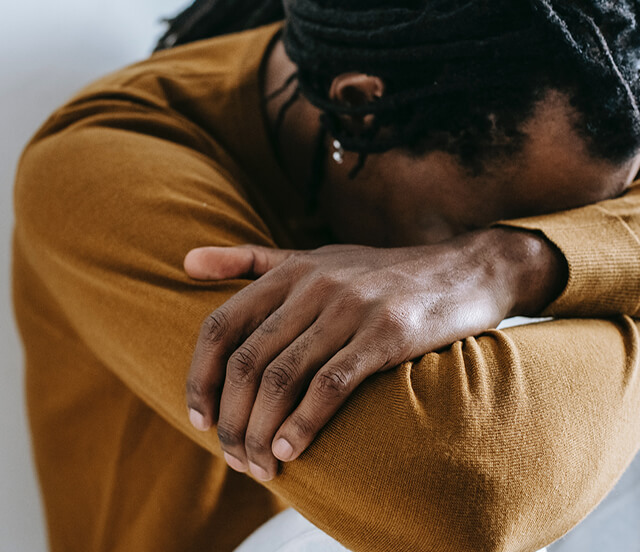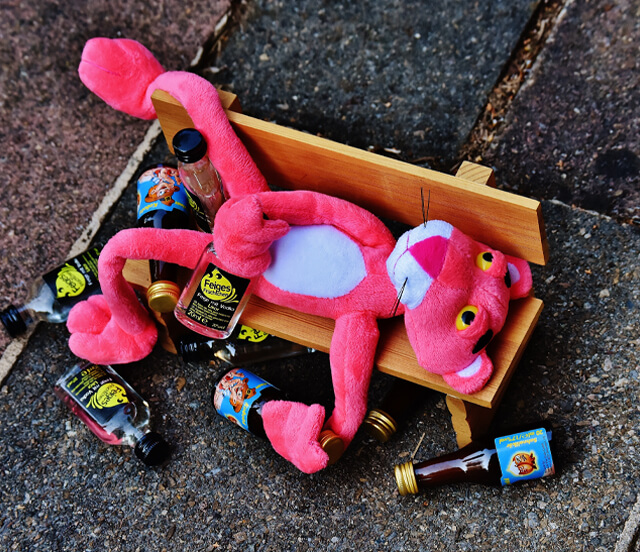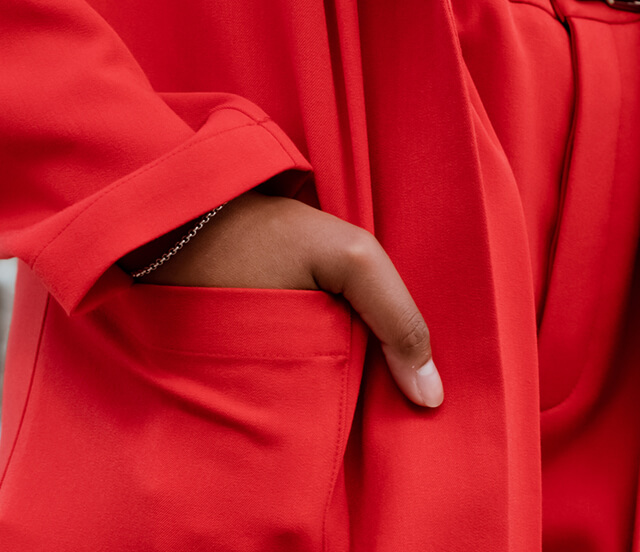by Makhosazana Aghoghovwia
April 1, 2021 marked the second year anniversary since value-added tax (VAT) was removed from the sale of sanitary pads in South Africa. This was a small victory against the still as yet behemoth period of poverty scourging our world, especially in the global South. Period poverty is a term used to describe the shortage of menstruation sanitary products and sanitation facilities in the drive towards achieving menstrual hygiene management (MHM) for girls and women. The urgent need to end period poverty sits firmly within the United Nations’ 17 sustainable development goals (SDGs) to transform our world. Most notably, the SDG 1, no poverty; SDG 3, good health and well-being; SDG 4, quality education; SDG 5, gender equality; and SDG 6, clean water and sanitation. While significant progress has been made on these goals, there is more that needs to be done in the nine years left until the 2030 target year.
In the last five years, a variety of locally produced menstruation products have become available on the market. The price of these products is competitive thereby making the access to MHM more affordable. The few that I mention here by no means covers all of the products available, but they have grabbed my attention.
ANNA sanitary pads are the country’s first single-use organic range. This range is created by Juanita Kotze, Aldré Geldenhuys and Eugenie Marais. The sanitary pads are sustainably designed, containing no dyes, fragrances, parabens or plastic. The ANNA brand also sells panty liners.
Moontime sanitary pads are reusable menstrual products with catchy bright coloured fabric. Alongside this range are menstrual cups and panty liners – although the latter are not reusable. The company is co-founded by Anja Bock and Kirsten Ruhnke.
Palesa pads are reusable, eco-friendly sanitary pads founded by Sherie de Wet. The Palesa pads can be reused for up to 5 years. They aim to be a sustainable solution in the fight against period poverty and to help keep girl children in school.
Sheba Feminine menstrual products offer a range of various MHM products that include sanitary pads, tampons (both applicator and non-applicator) and panty liners. The company was founded by Zizipho Ntobongwana. The Sheba brand is sustainably produced, and has a strong social commitment to promote menstrual health.
WomanKind reusable menstrual sponges offer a natural alternative to tampons. WomanKind was founded by Julia Bettina. The menstrual sponges are eco-friendly and 100% biodegradable. The range of menstrual products this company retails also includes reusable sanitary pads.
The Noble Cup is Ethiopia’s first menstrual cup brand founded by Sara Eklund. The menstrual cups are reusable and can be kept for up to 10 years if well taken care of. They are cheaper in the long run compared to other menstrual hygiene products.
It is encouraging to see that we have the option to not rely on internationally produced menstrual supplies that many of us grew up using. When I was in high school, these foreign companies would send in their product ambassadors to run campaigns and roadshows to market their wares, primarily tampons, while also raising awareness about menstruation. However, their marketing strategy had its own biases against other products, the consequence of which was the misinforming of our young minds: They told us that using sanitary pads was like using surfing boards; so we best switch to their wet-proof products.
Girls and women still face menstrual-related stigma and shame. I am grateful that MHM and menstrual health education are becoming more common-place. Suppliers of popular feminine hygiene products now share encouraging and empowering messages when they advertise their goods and raise awareness about MHM. Young girls today with family and community support, access to books, the internet, smartphones and period trackers, and podcasts are better equipped to embody their womanhood with dignity and self-love. An article about women making it their business to advance women and menstrual health would not be complete without mentioning Lolo Cynthia Ihesie, a public health education specialist who teaches girls in Nigeria to sew their own eco-friendly reusable sanitary pads. She is doing more for girls and women than multinational companies have done over the years






